Publications
Articles, publications, books, tools and multimedia features from the U.S. Institute of Peace provide the latest news, analysis, research findings, practitioner guides and reports, all related to the conflict zones and issues that are at the center of the Institute’s work to prevent and reduce violent conflict.
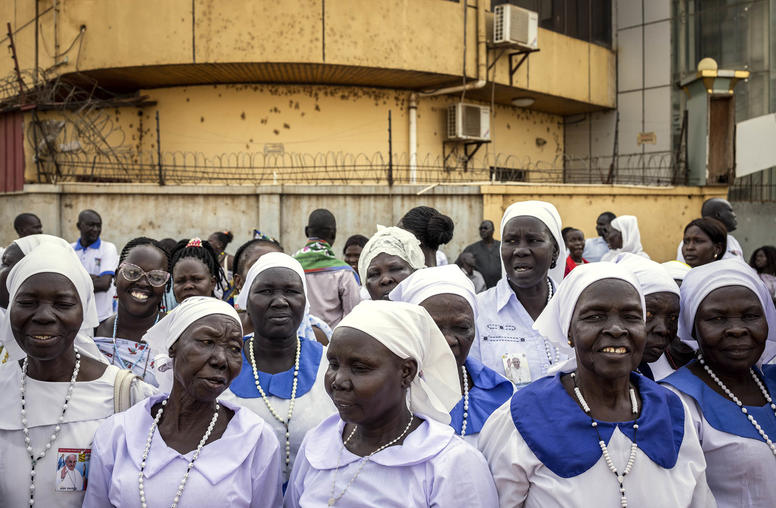
The U.S. Strategy for International Religious Engagement: 10 Years On
In 2013, the United States adopted its first ever “National Strategy on Integrating Religious Leader and Faith Community Engagement into U.S. Foreign Policy.” This White House strategy acknowledged the significant contributions of religious leaders and faith communities to human rights, global health and development, and conflict mitigation; and provided an interagency blueprint for integrating more robust engagement with religious actors across a broad range of foreign policy and national security issues. A decade later religious engagement remains a vital but underdeveloped capacity in U.S. foreign policy, and the strategy’s 10th anniversary offers a natural opportunity to revitalize strategic thinking and spur new action on this agenda.
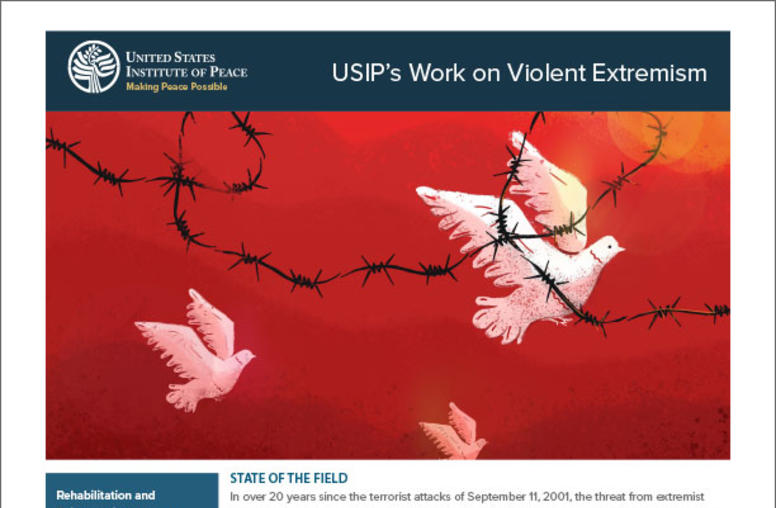
USIP’s Work on Violent Extremism
In over 20 years since the terrorist attacks of September 11, 2001, the threat from extremist violence and terrorism has evolved considerably. Terrorist attacks worldwide have increased in number, diffused geographically and diversified ideologically. These developments in the terrorist landscape have been fueled by violent conflict and state fragility, and they present opportunities for strategic rivals to challenge the value of democratic governance and the rules-based international system.

Carla Freeman on China’s Vision for a New Global Security Order
Chinese President Xi Jinping’s Global Security Initiative seeks to supplant the U.S.-led order, and it is gaining traction in the Global South. “There is a sense among developing countries that the international security order isn’t working that well for them,” says USIP’s Carla Freeman. “But none of these countries want to be forced to choose between the U.S. and China.”
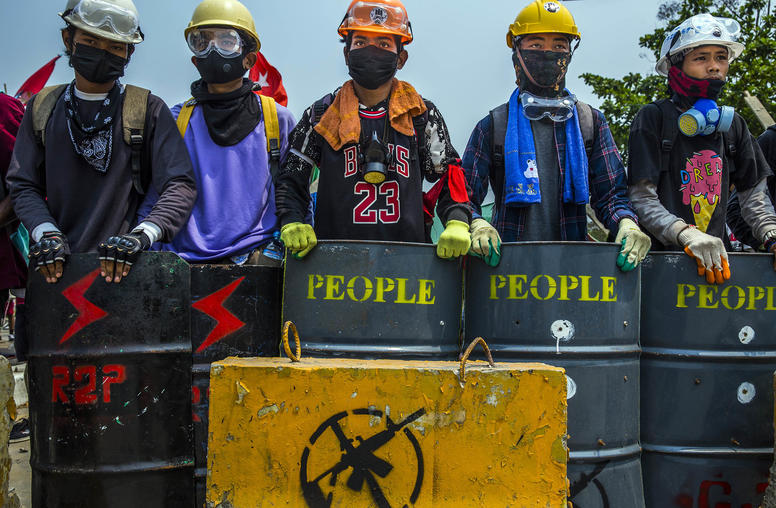
In Myanmar’s New Security Institutions, Power Should Be Community-Owned
Even as the civil war rages on, many pro-democracy groups in Myanmar have begun building their own governance and security institutions. As these new structures emerge, it’s important that they do not repeat the mistakes of the past.
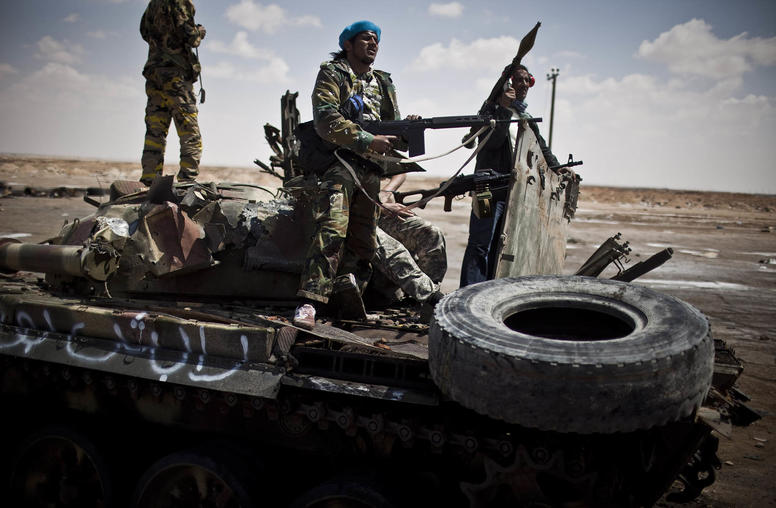
Libya Can Move Past Its Political Deadlock, But It Will Take Work to Maintain A ‘Deal’
Since 2012, multiple failed political transitions have taken their toll on the Libyan people. The continued and increasingly complex internal divisions and external vectors affecting Libya threaten to send it into another spiral of crisis and violence. Local and national leaders working in good faith to stabilize the country have inevitably grown cynical as ruling elites and their international partners fail to deliver local security and good governance.
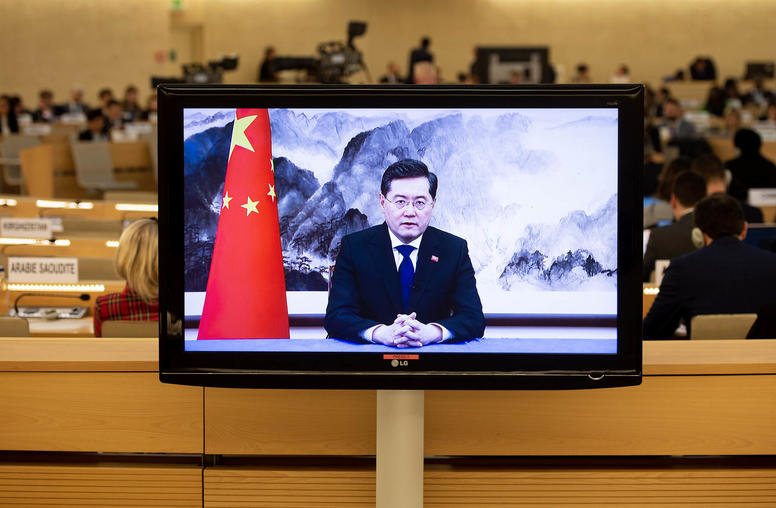
Five Takeaways from China’s Latest Diplomacy
China’s foreign minister, Qin Gang, has been on a whirlwind diplomatic tour in recent weeks, with high-profile meetings in Europe, Myanmar, Pakistan — where he also met with Taliban officials — and back home in Beijing with the U.S. ambassador to China. With U.S.-China relations as frosty as ever, Qin’s meeting with Ambassador Nicholas Burns signals that both sides want to manage better manage their differences. In Europe, Beijing is promoting its peace plan for Ukraine despite European concerns that Beijing is decidedly pro-Moscow. Meanwhile, amid crises in Afghanistan, Pakistan and Myanmar, China is wielding its clout to advance its own interests in spite of the implications for long-term stability.
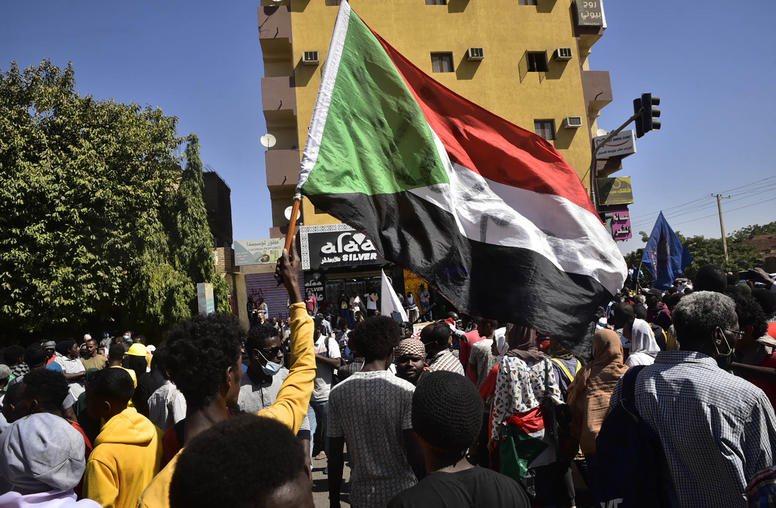
Sudan: Engage Civilians Now, Not Later
Over the last month, a series of cease-fires in Sudan have yielded minimal results. Fighting between the Sudan Armed Forces (SAF) and the Rapid Support Forces (RSF) has continued and even intensified in some places. While the capital Khartoum and areas surrounding key infrastructure remain the core battlegrounds, the clashes have spread into other parts of the country.
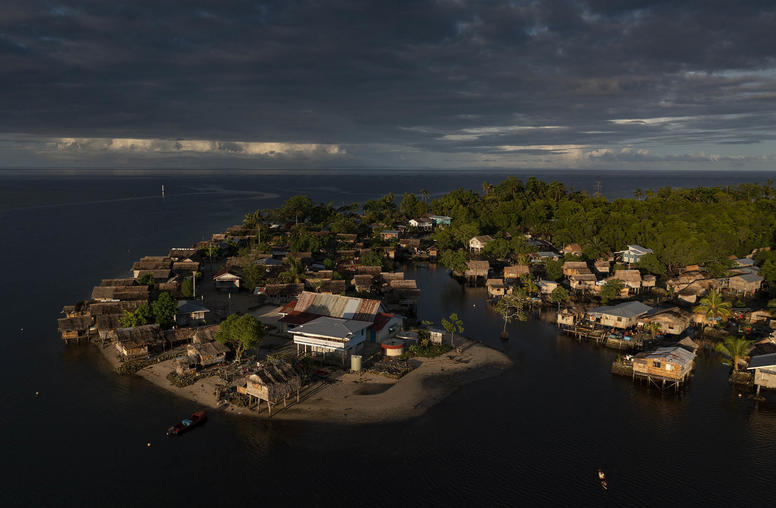
Pro-Taiwan Pacific Island Leaders Show Cracks in China’s Appeal
Most Pacific Island countries have formal diplomatic relations with Beijing. But at both the local and national level, some leaders are raising concerns about Chinese bribery, violations of sovereignty, clandestine intelligence operations and political interference in their countries, as well as the possibility that China may invade Taiwan. As Beijing forces its agenda on Pacific Island countries and competes with the United States for influence in the region, Washington should lead by example and build partnerships with the Pacific Islands that emphasize consulting with them as equals and focusing on areas of common interest, like climate change.

Tamanna Salikuddin on Imran Khan’s Arrest and Pakistan’s Political Crisis
After violent protests over his arrest, former Pakistani Prime Minister Imran Khan was released over the weekend. However, this latest political crisis isn’t going away soon, says USIP’s Tamanna Salikuddin: “What we’re headed to is a clash between the very powerful military and the very popular [Khan].”
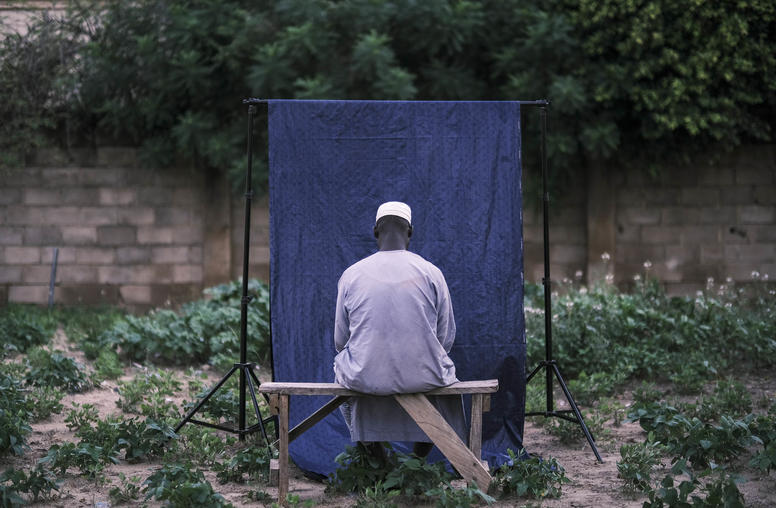
Disengaging and Reintegrating Violent Extremists in Conflict Zones
Dealing with people who leave violent extremist groups has become one of the most pressing security issues of our time. Drawing on new primary research conducted by the author in Iraq, Syria, and Nigeria, and existing research on disengagement and reintegration, this report underscores the challenges of administering rehabilitation programs in conditions of chronic insecurity—and of doing so at a scale sufficient to make a difference to hundreds or even thousands of people in short order.